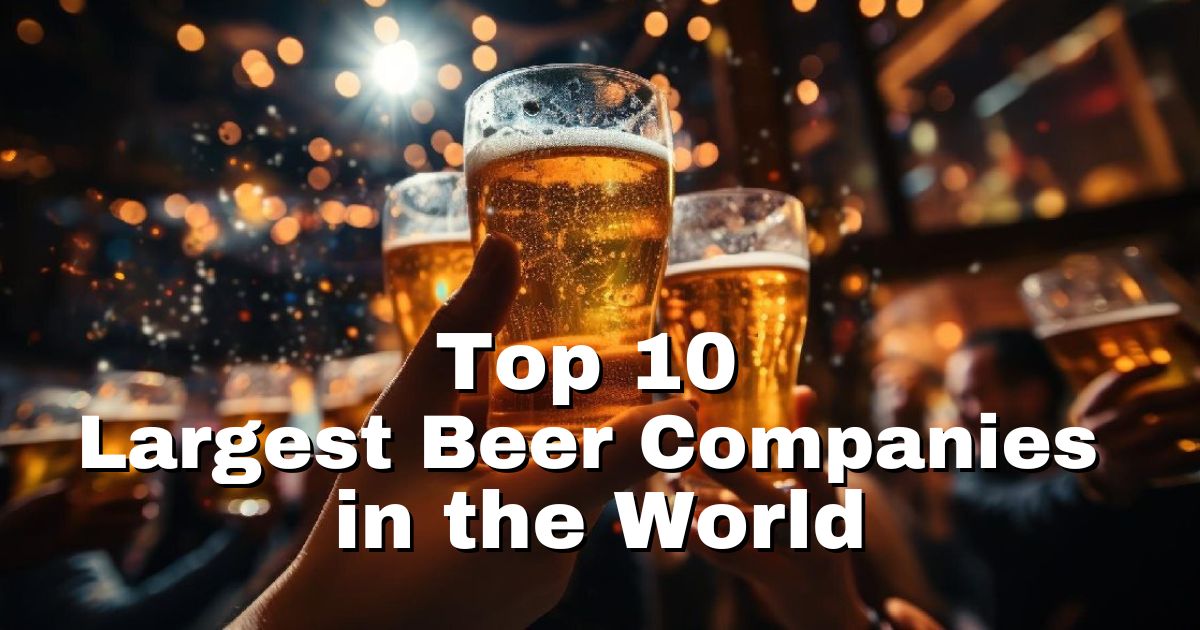The global beer market is vast and competitive, dominated by a handful of giants. These leading global brewers produce some of the most popular beer brands, impacting not only the beer industry but also contributing significantly to their countries’ economies. This article delves into the ten largest beer companies in the world, highlighting their market caps, headquarters, founding dates, and unique features. We will explore their histories, flagship brands, and the strategies that have cemented their positions at the top of the global beer market.
10. Kirin Holdings
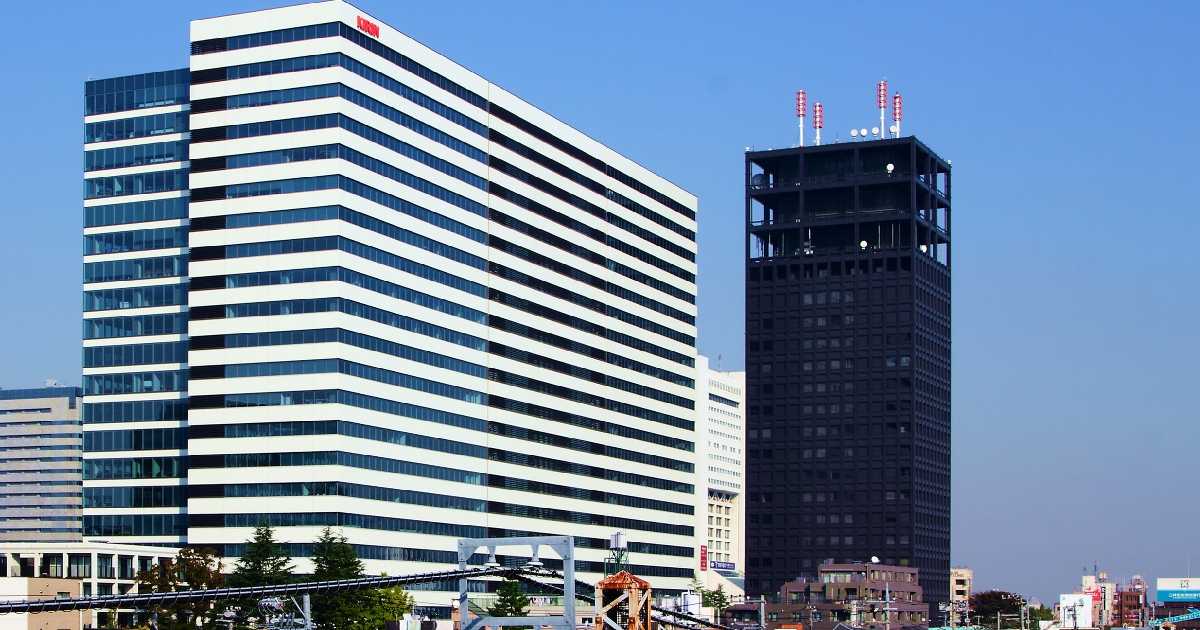
- Headquarters: Tokyo, Japan
- Market Cap: $11.31 billion
- Founding Date: 1907
- Key Features:
- Flagship brand: Kirin Ichiban
- Diversified into food and pharmaceuticals
- Owns Four Roses’ bourbon distillery
Kirin Holdings, one of Japan’s biggest beer companies, has a rich history dating back to 1907. Initially adopting the German beer style, it quickly became popular among Japanese consumers. The economic boom of the mid-50s saw beer demand skyrocket, with Kirin enjoying substantial growth. However, the oil crises of the 1970s prompted the company to diversify into other sectors such as food and pharmaceuticals.
Kirin Holdings’ beer segment, Kirin Brewery, remains a significant contributor to its revenue. Its flagship brand, Kirin Ichiban, and the health-conscious Kirin Ichiban Zero Sugar, are widely recognized. Beyond its core beer business, Kirin’s portfolio includes the Four Roses’ bourbon distillery in the USA and San Miguel Brewery in the Philippines, showcasing its broad beverage industry footprint.
9. Tsingtao Brewery Group
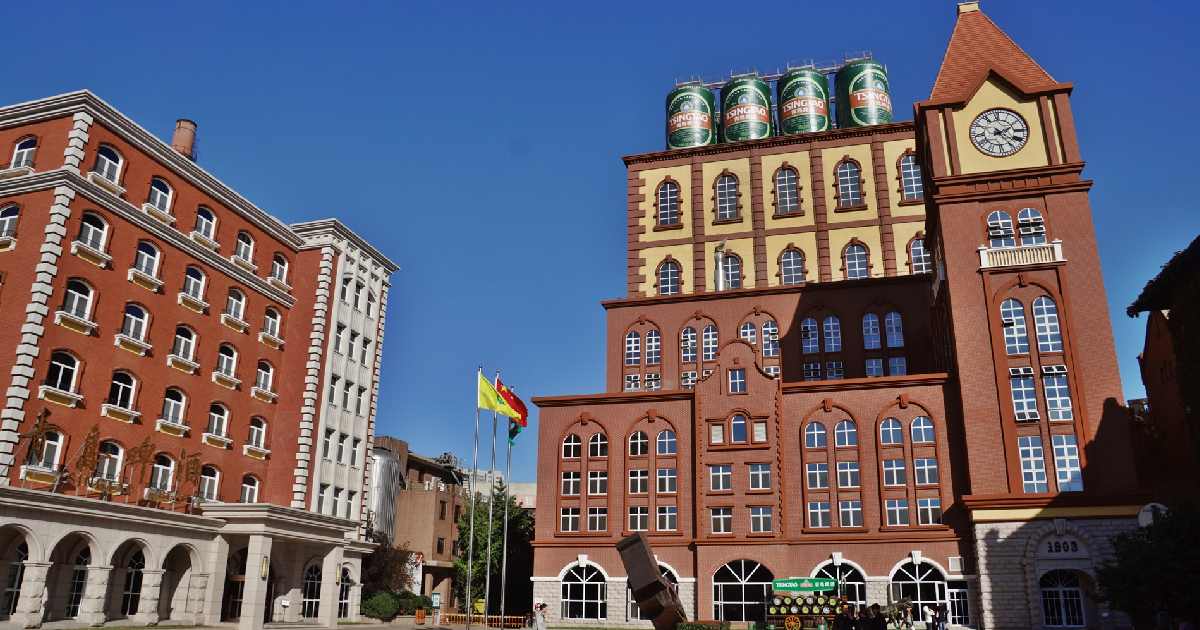
- Headquarters: Qingdao, China
- Market Cap: $12.35 billion
- Founding Date: 1903
- Key Features:
- Flagship brand: Tsingtao Beer
- One of China’s oldest breweries
- Strong international presence
Tsingtao Brewery Group, founded in 1903 by German and British merchants, is a pioneer in China’s beer industry. Originally named Germania-Brauerei Tsingtao Co., Ltd., the company combines Chinese craftsmanship with German brewing techniques. Tsingtao produced China’s first stout beer in 1932 and has since maintained its innovative spirit.
Unlike many of its local competitors, Tsingtao has a strong international outlook, exporting beer to over 100 countries. It has sponsored global events, including the Beijing 2008 Olympic Games and the Beijing 2022 Winter Olympic Games, enhancing its global recognition. In 2022, Tsingtao generated substantial revenue, reinforcing its position as a leader in the Chinese beer market and globally.
8. Molson Coors
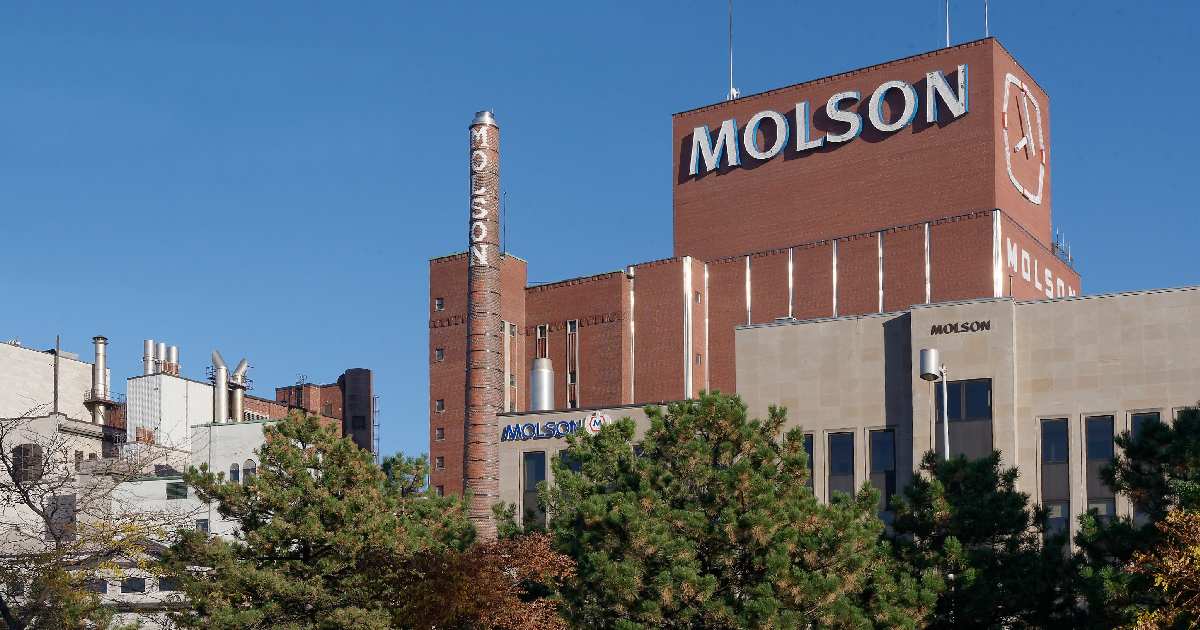
- Headquarters: Chicago, Illinois, USA
- Market Cap: $13.72 billion
- Founding Date: 1786
- Key Features:
- Flagship brand: Coors Light
- Merger of Molson and Coors
- Expanding into non-alcoholic beverages
Molson Coors emerged in 2005 from the merger of Canadian brewery Molson and American brewery Coors. Molson, founded in 1786, is Canada’s oldest brewery, while Coors dates back to 1873 in Colorado. This merger created a powerhouse in the beer industry, combining centuries of brewing experience and expertise.
Today, Molson Coors owns several prominent beer brands, including Coors Light, Blue Moon, and Staropramen. The company is diversifying beyond its core beer business, venturing into non-alcoholic beverages and energy drinks as part of its 2023 Acceleration Plan. This strategic shift aims to tap into new markets and reduce reliance on traditional beer sales.
7. China Resources Beer
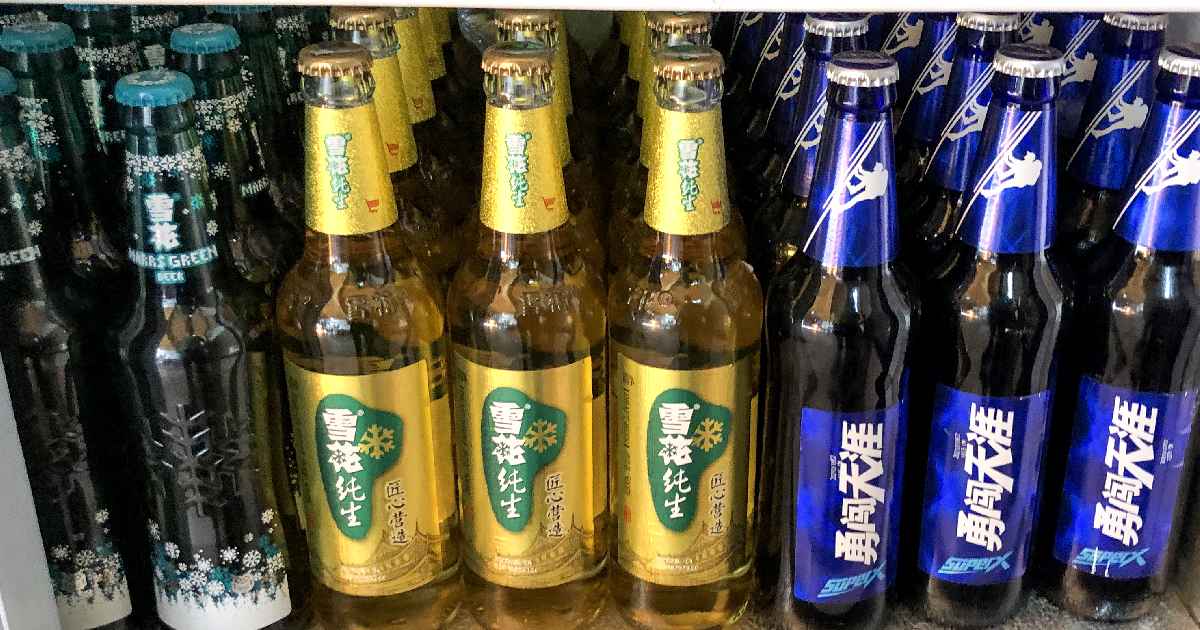
- Headquarters: Wanchai, Hong Kong
- Market Cap: $14.23 billion
- Founding Date: 1992
- Key Features:
- Flagship brand: Snow
- Largest beer brand in China
- Operates 63 breweries across China
China Resources Beer, established in 1992, is a subsidiary of China Resources Holdings. It operates China Resources Snow Breweries, which has become a national icon. By 2005, Snow was the biggest beer brand in China, and in 2015, it became the world’s best-selling beer by volume, despite being available only in China.
China Resources Beer focuses on regional dominance, transforming its breweries into regional powerhouses through targeted marketing campaigns. The company’s flagship brand, Snow, continues to lead the Chinese beer market, contributing significantly to its impressive revenue. With 63 breweries across China, China Resources Beer is a formidable player in the global beer market.
6. Asahi Group Holdings
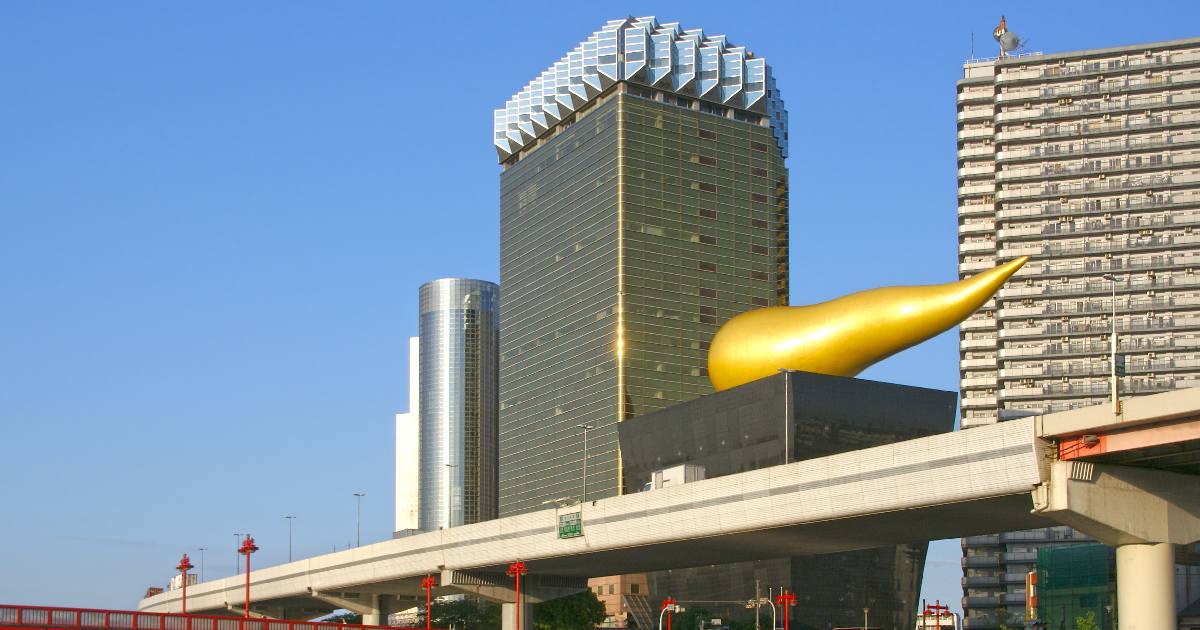
- Headquarters: Tokyo, Japan
- Market Cap: $18.04 billion
- Founding Date: 1889
- Key Features:
- Flagship brand: Asahi Super Dry
- First canned beer in Japan
- Strong presence in Europe and Oceania
Asahi Group Holdings began as Osaka Brewery in 1889, launching Asahi Beer in 1892. The company pioneered several innovations, including Japan’s first canned beer in 1958 and the world’s first super dry beer, Asahi Super Dry, in 1987. These innovations solidified Asahi’s reputation for quality and innovation.
Asahi has expanded its presence in the global beer market, acquiring prominent beer brands like Pilsner Urquell and Peroni Nastro Azzurro. Its strategy includes leveraging its strong market positions in Europe and Oceania. Asahi’s commitment to innovation and quality continues to drive its success, making it a key player in the global beer industry.
5. Carlsberg Group
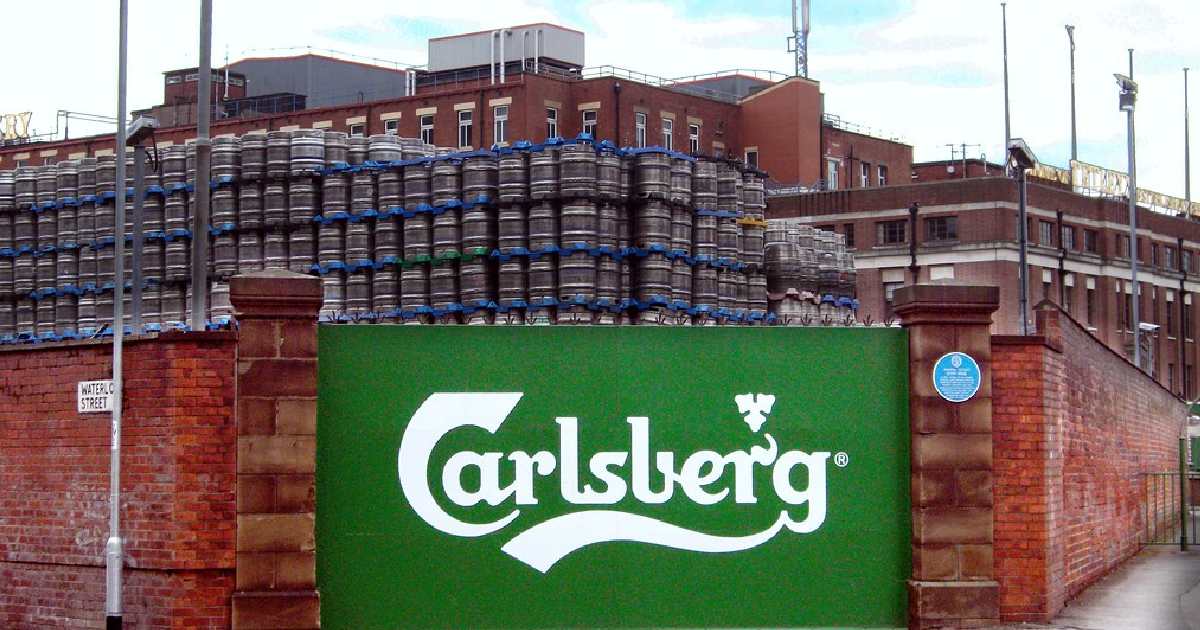
- Headquarters: Copenhagen, Denmark
- Market Cap: $19.40 billion
- Founding Date: 1847
- Key Features:
- Flagship brand: Carlsberg
- Innovations like the pH scale
- Strong research and development focus
Carlsberg Group, founded by J.C. Jacobsen in 1847, is known for its strong research and development focus. Jacobsen established the Carlsberg Research Laboratory, which made significant contributions to brewing science, including the discovery of the yeast Saccharomyces Carlsbergensis and the invention of the pH scale.
Carlsberg has grown through strategic acquisitions and innovations. It owns well-known beer brands like Tuborg, Kronenbourg, and Grimbergen. Carlsberg’s commitment to quality and innovation has ensured its continued success in the competitive global beer market. The company generated substantial revenue in 2023, reflecting its strong market position.
4. Constellation Brands
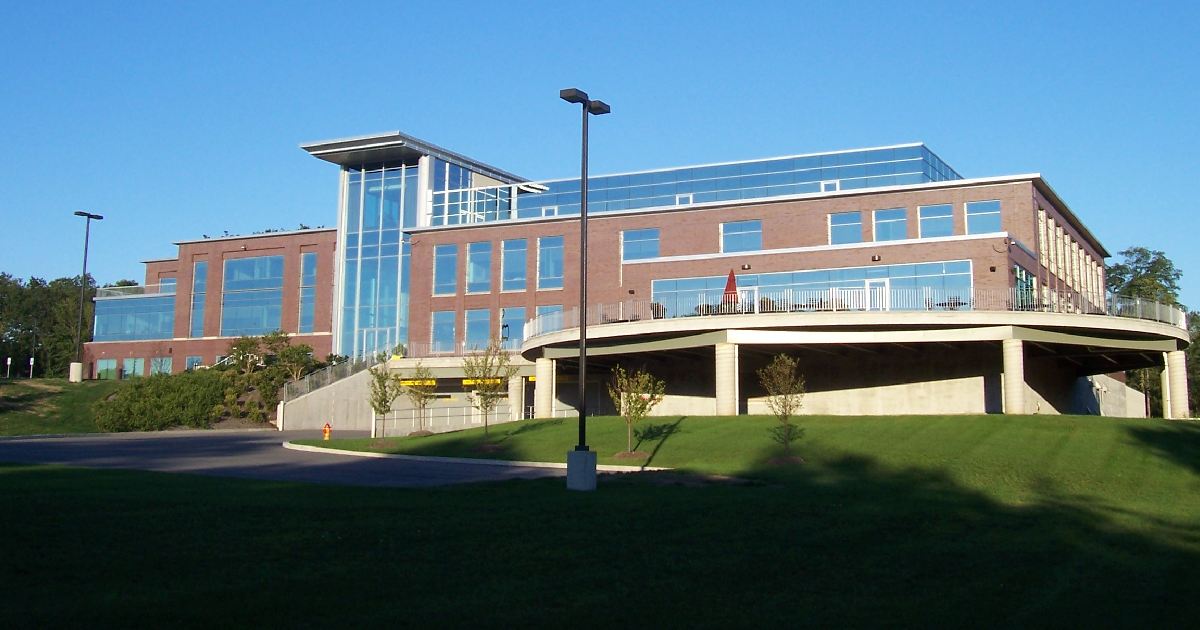
- Headquarters: Victor, New York, United States
- Market Cap: $47.11 billion
- Founding Date: 1945
- Key Features:
- Flagship brand: Corona
- Diversified portfolio including wines and spirits
- Strong presence in the US beer market
Constellation Brands began as a small wine company in 1945, founded by Marvin Sands. It entered the beer market in 1993 through the acquisition of Barton Incorporated. The company has since diversified its portfolio to include a wide range of alcoholic beverages, becoming a major player in the beer industry.
Constellation Brands’ partnership with Grupo Modelo allowed it to market Mexican beer brand in the US and Guam. This move proved highly successful, with Modelo becoming the top-selling beer brand in the US in 2023. Constellation Brands continues to grow its presence in the US beer market while exploring opportunities in other beverage brands.
3. Heineken
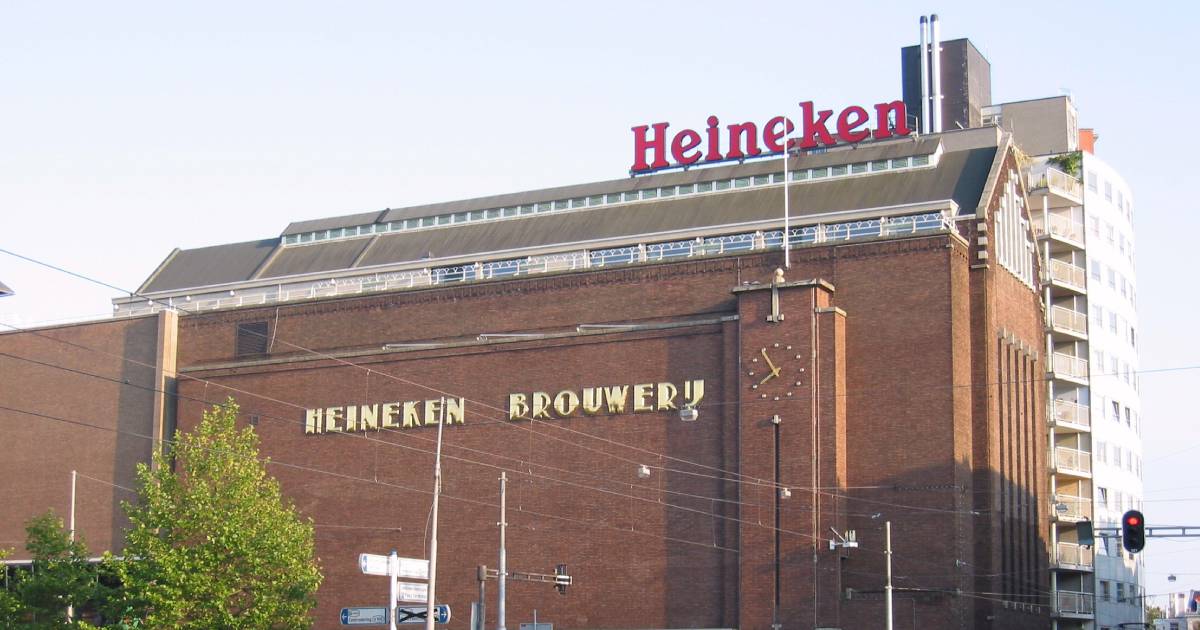
- Headquarters: Amsterdam, Netherlands
- Market Cap: $53.29 billion
- Founding Date: 1864
- Key Features:
- Flagship brand: Heineken
- Extensive global market presence
- Innovations in brewing and branding
Heineken, founded by Gerard Adriaan Heineken in 1864, has grown from a small family business to one of the largest beer companies in the world. Known for its high-quality lager, Heineken quickly gained international recognition, winning numerous awards and expanding its market presence.
Today, Heineken owns over 300 beer brands and operates in 190 countries. The company has made significant investments in data-driven technologies, artificial intelligence, and renewable energy sources. Heineken’s commitment to innovation and sustainability has helped it maintain its position as a leading global brewer, generating impressive revenue in 2023.
2. Diageo
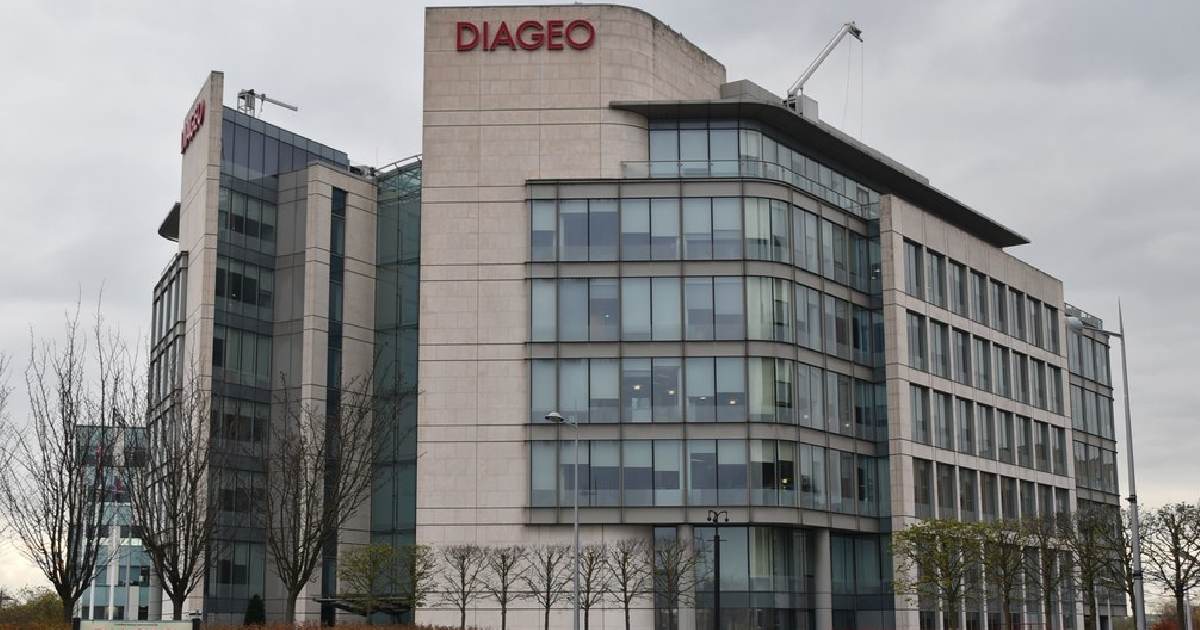
- Headquarters: London, United Kingdom
- Market Cap: $83.24 billion
- Founding Date: 1997
- Key Features:
- Flagship brand: Guinness
- Diverse portfolio including spirits
- Strong focus on premium brands
Diageo, founded in 1997, is a leading global brewer with a diverse portfolio of alcoholic beverages. The company was formed through the merger of Guinness PLC and Grand Metropolitan PLC. Diageo owns some of the most iconic beer brands, including Guinness, which has a rich history dating back to 1759.
Diageo focuses on premium brands and has made strategic acquisitions to expand its portfolio. The company has a strong presence in the global beer market, with Guinness being one of the most recognized and beloved beer brands worldwide. Diageo continues to innovate and grow, leveraging its extensive portfolio to maintain its market position.
1. Anheuser-Busch InBev (AB InBev)
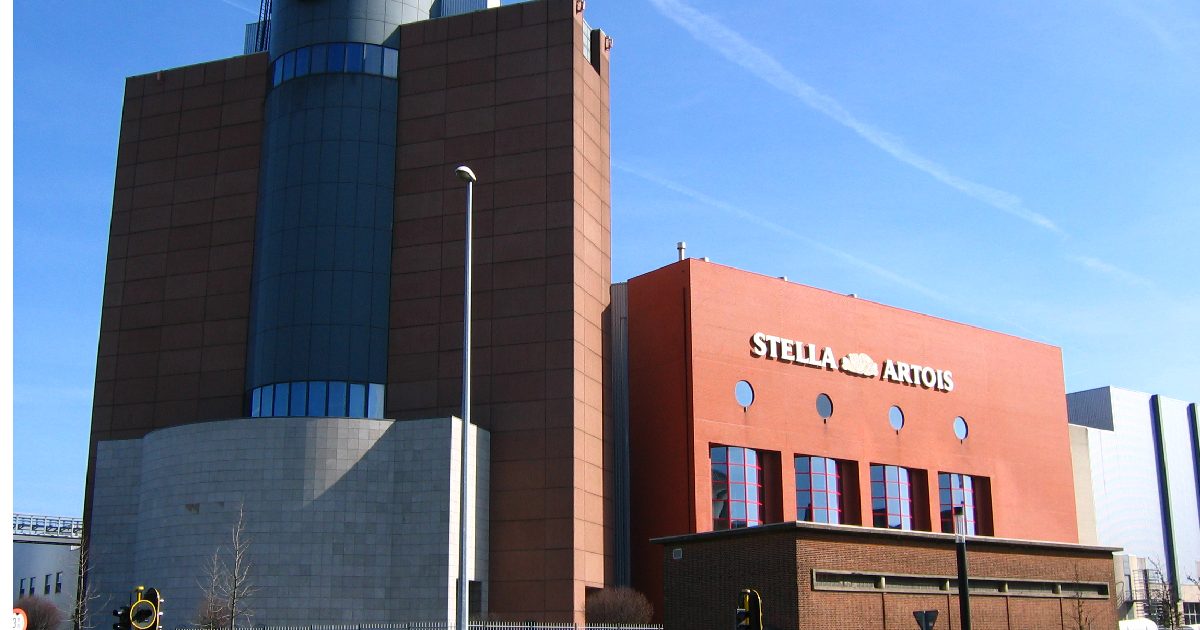
- Headquarters: Brussels, Belgium
- Market Cap: $123.15 billion
- Founding Date: 1860
- Key Features:
- Flagship brand: Budweiser
- Largest beer company in the world
- Extensive global footprint
Anheuser-Busch InBev (AB InBev) is the largest beer company in the world, with a market cap of $123.15 billion. Formed through the merger of Anheuser-Busch and InBev in 2008, the company owns over 500 beer brands, including Budweiser, Stella Artois, and Corona. AB InBev has a vast global footprint, operating 172 major breweries in 50 countries.
AB InBev’s success is driven by its commitment to innovation, efficiency, and sustainability. The company has invested heavily in AI-powered transport, brewery innovations, and infrastructure optimization. With its extensive portfolio and global reach, AB InBev continues to lead the beer industry, generating significant revenue and maintaining its position as the largest beer company in the world.
Conclusion
The largest beer companies in the world have achieved their status through a combination of innovation, strategic acquisitions, and a deep understanding of consumer preferences. From Kirin Holdings’ diversification into pharmaceuticals to AB InBev’s extensive global footprint, each company has a unique story and approach to the beer market. These leading global brewers continue to shape the beer industry, driving trends and setting standards for quality and sustainability. As the global beer market evolves, these companies will undoubtedly remain at the forefront, influencing the future of beer consumption worldwide.
Frequently Asked Questions (FAQs)
Who is the largest beer company in the world?
The largest beer company in the world is Anheuser-Busch InBev (AB InBev). Headquartered in Brussels, Belgium, AB InBev was formed through the merger of Anheuser-Busch and InBev in 2008. With a market cap of $123.15 billion and ownership of over 500 beer brands, including Budweiser, Stella Artois, and Corona, AB InBev dominates the global beer market.
Who is the largest producer of beer in the world?
The largest producer of beer in the world is Anheuser-Busch InBev (AB InBev). Operating 172 major breweries in 50 countries, AB InBev produces over 500 beer brands. The company’s extensive production capacity and global reach make it the leading beer producer, contributing significantly to the global beer market’s supply.
Who sells the most beer in the world?
China Resources Snow Breweries, a subsidiary of China Resources Beer, sells the most beer in the world by volume. Its flagship brand, Snow, has been the world’s best-selling beer by volume since 2015. Despite being primarily available in China, Snow’s immense popularity within the Chinese beer market drives its impressive sales figures.
Who is Anheuser-Busch’s biggest beer competitor?
Anheuser-Busch’s biggest beer competitor is Heineken. Headquartered in Amsterdam, Netherlands, Heineken is one of the largest beer companies globally, with a market cap of $53.29 billion. Heineken owns over 300 beer brands and operates in 190 countries, making it a formidable rival in the global beer market.
Does Anheuser-Busch own Coors?
No, Anheuser-Busch does not own Coors. Coors is owned by Molson Coors Beverage Company, which was formed through the merger of Molson and Coors in 2005. Molson Coors is headquartered in Chicago, Illinois, and remains independent of Anheuser-Busch InBev, competing as one of the largest beer companies in the world.

